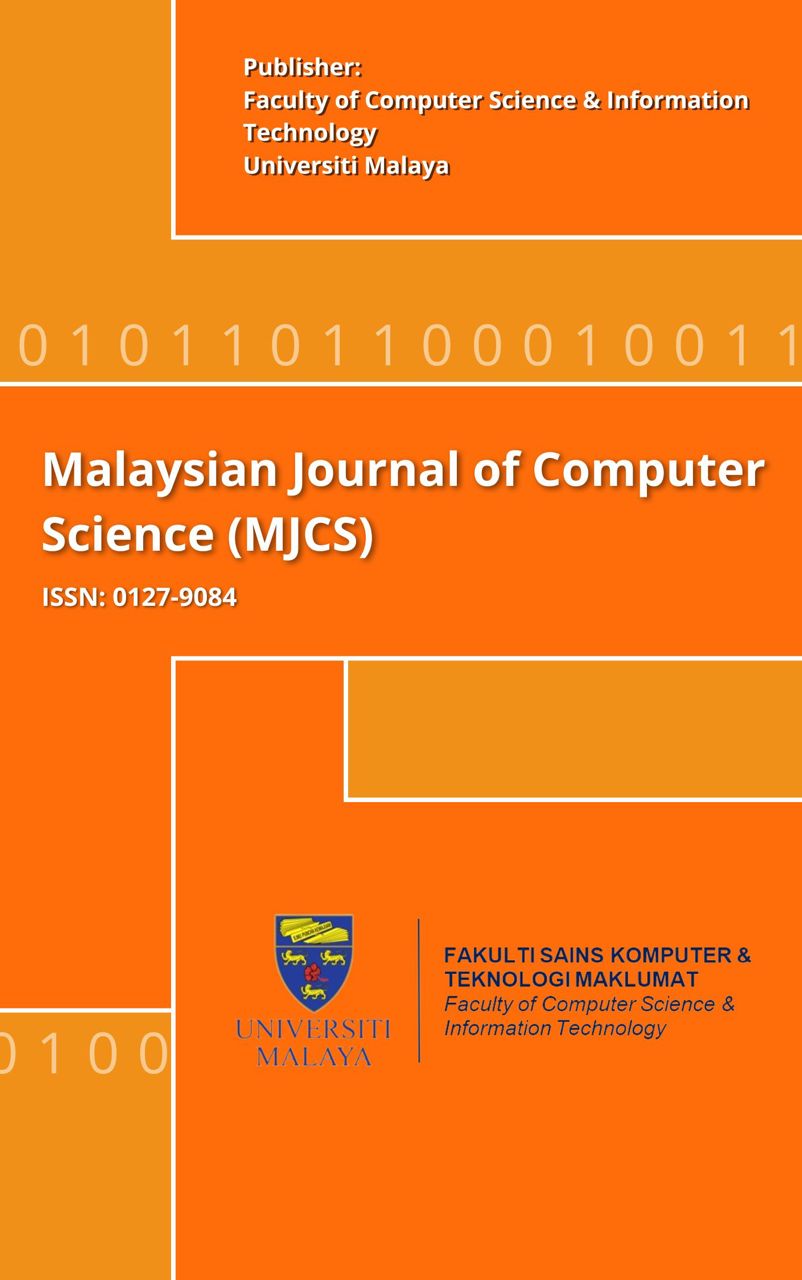OPTIMIZATION OF TERMINAL SERVICEABILITY BASED ON CHAOTIC GA-BASED METHOD
DOI:
https://doi.org/10.22452/mjcs.vol32no1.5Keywords:
Chaotic Genetic Algorithms (CGA), berth allocation, service priority, terminal serviceabilityAbstract
Minimizing cargo handling time and waiting time of ship are some of the most critical tasks for terminal operators during berth allocation planning. An efficient and effective berth allocation planning approach is not only significant for improving a terminal’s productivity but worth even more in enhancing terminal serviceability. As berths are no longer leased by specific ship lines or ship companies in the majority of terminals, ships of various sizes and various cargo handling volume at a particular terminal of call are competing for the same berth for handling. As a result, there are always concerns from both terminal operators and ship companies regarding the service priority. This research contributes to deal with the dilemma terminal operators encountered in balancing service priority and terminal productivity maximization during berth allocation. This research deals with berth allocation problem which treats calling ships at various service priorities with physical constraints. The problem encountered is to determine how to cope with various ships with various attributes in the system, and the objective is to minimize the total service time of a set of given calling ships through proper berth allocation. This research adopts a chaotic genetic algorithm-based method to deal with the problem. The new formulation and method have been proposed and results obtained have been compared with the existing one in literature. The results show the improved feasibility of the proposed formulation and improved convergence speed of the proposed method over the existing one. Also, higher terminal serviceability is indicated.






